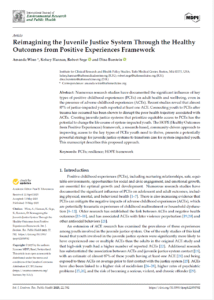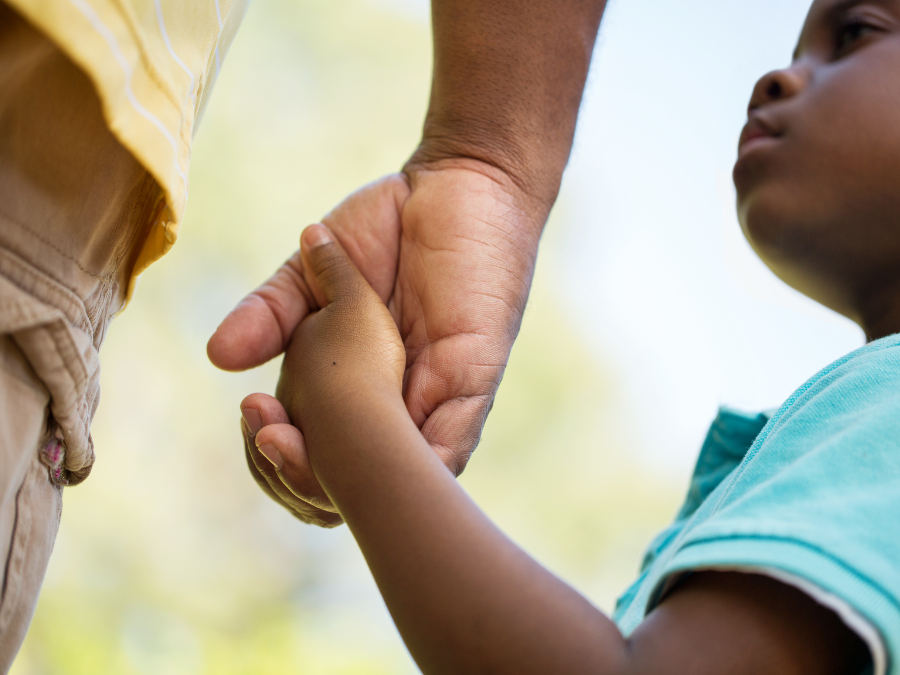Increasing PCEs for justice-involved youths
Extensive research shows that positive childhood experiences (PCEs) help children and youth grow and build resilience, leading to improved health and well-being later in life. Further, the effects of PCEs can protect them from trauma caused by adverse childhood experiences (ACEs). ACEs have been associated with the risk of recidivism, psychiatric problems, and becoming a violent and recurring offender for justice-involved youths.
To increase PCEs for justice-involved youths, this article outlines ways that professionals working in juvenile justice systems can incorporate the Four Building Blocks of HOPE, key types of PCEs, in their intake process, case planning, screening and assessments, and policy reviews.
Publication Information
Authors
Amanda Winn, MSW*, Kelsey Hannan*, Robert Sege, MD, PhD, FAAP*, Dina Burstein, MD, MPH*
*Affiliated with the HOPE National Resource Center
Journal
International Journal of Environmental Research and Public Health
Publication Date
May 15, 2025
Keywords
positive childhood experiences (PCEs); adverse childhood experiences (ACEs); juvenile justice systems; system-impacted youth; HOPE framework, Healthy Outcomes from Positive Experiences; screenings; assessments
Citation
Winn A, Hannan K, Sege R, Burstein D. Reimagining the Juvenile Justice System Through the Healthy Outcomes from Positive Experiences Framework. Int J Environ Res Public Health. May 15 2025. 22(5), 782. DOI: 10.3390/ijerph22050782





